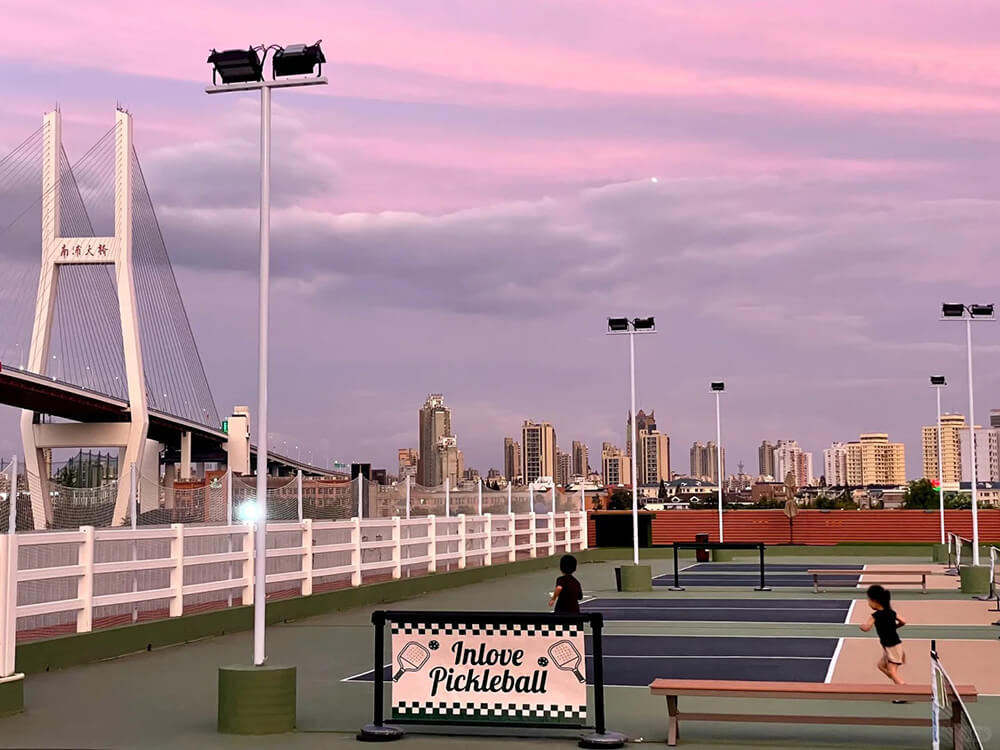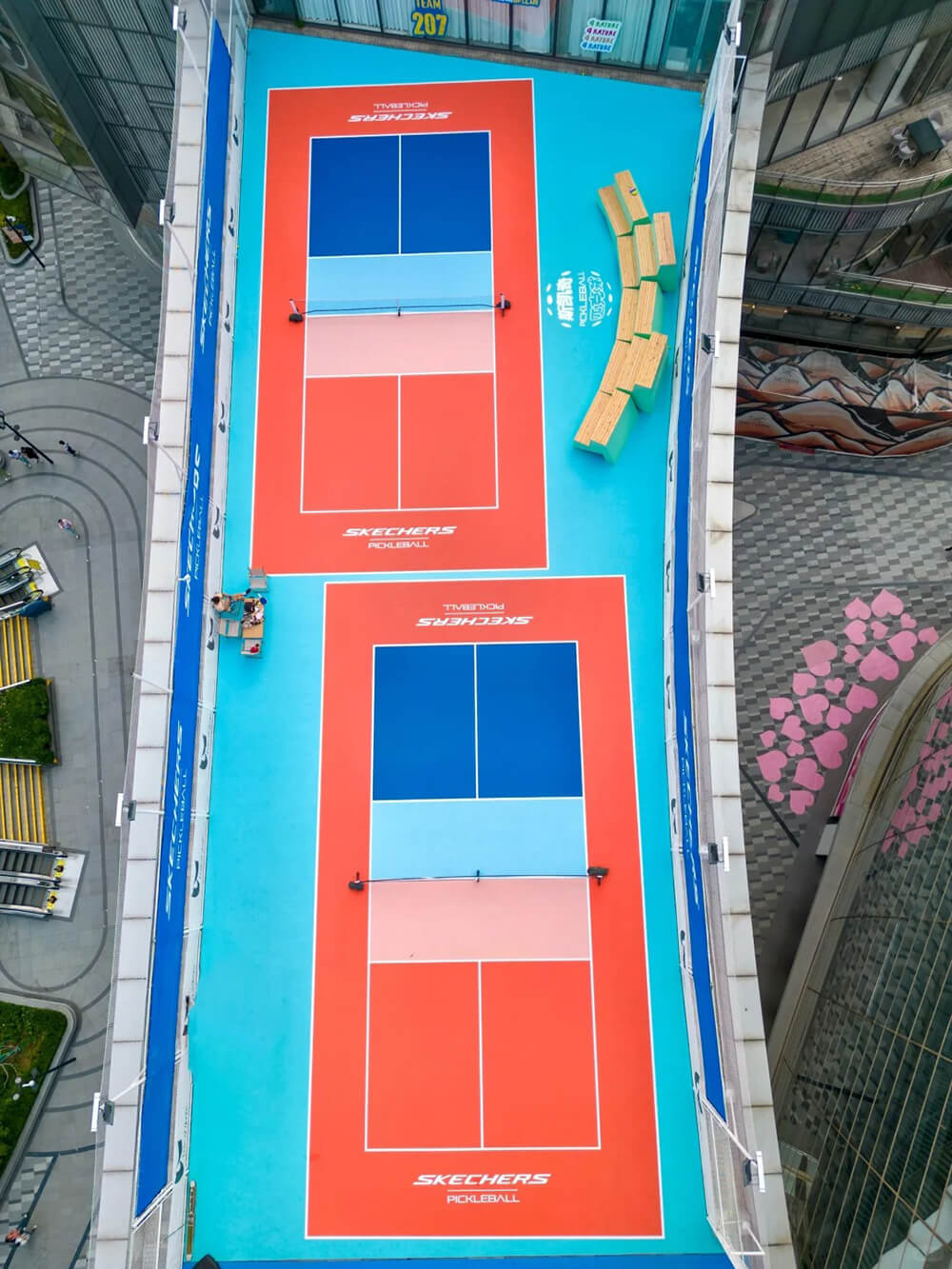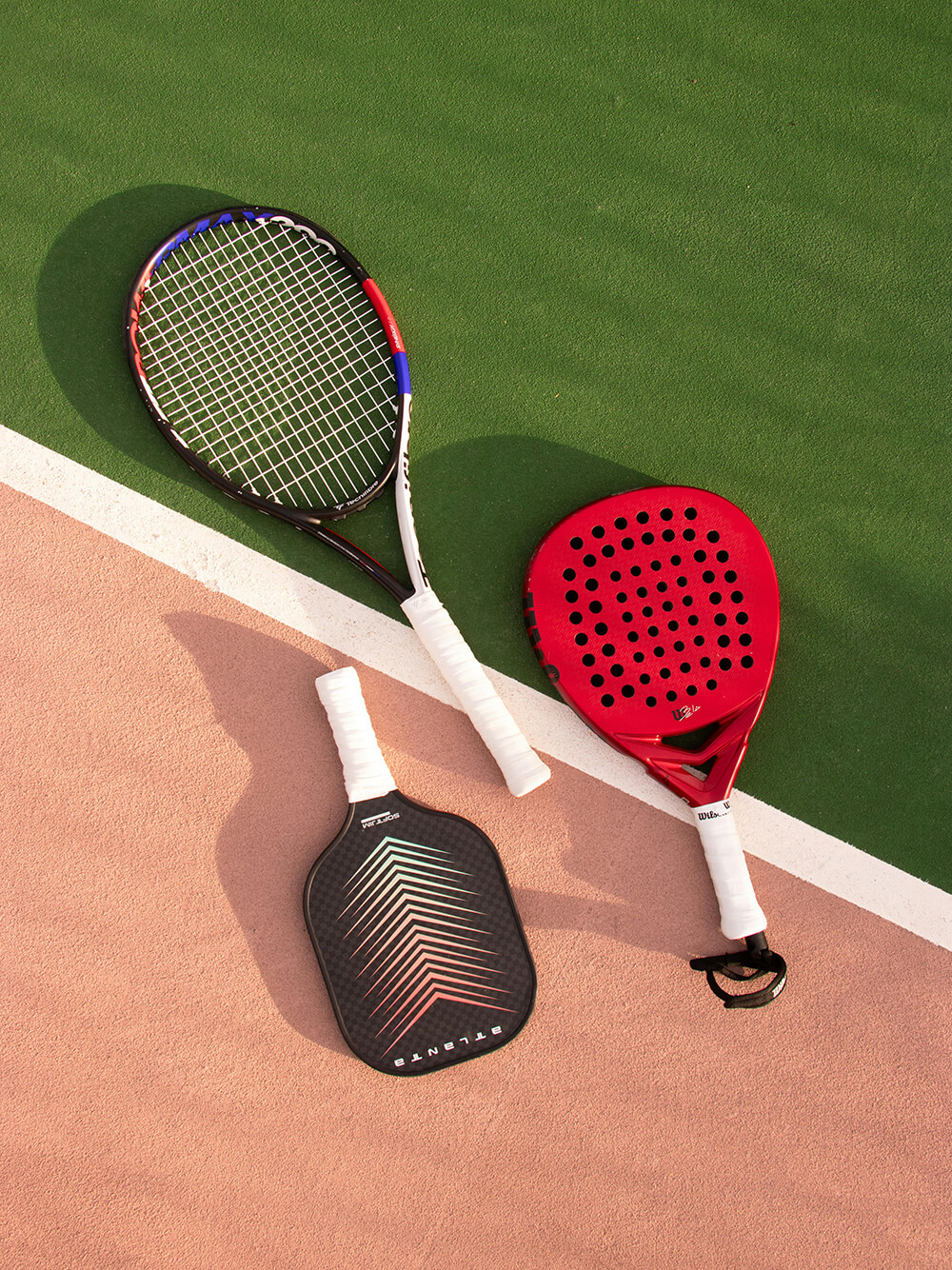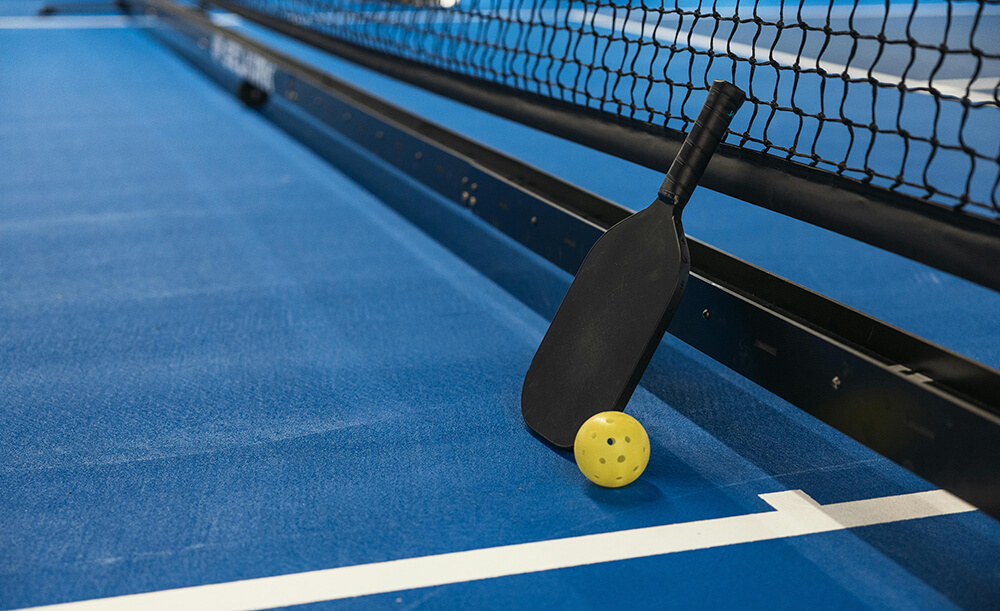Pickleball was born in the summer of 1965 on Bainbridge Island, Washington, USA. Three fathers—State Congressman Joel Pritchard, businessman Barney McCallum, and Bill Bell—invented the game in their backyard to entertain their bored children. Using handmade plywood paddles and plastic wiffle balls, they combined badminton court dimensions with tennis rules. The sport was named after the Pritchards’ dog 'Pickles' who constantly chased the ball. What began as family recreation has now become the world’s fastest-growing sport with over 36 million players globally.



Parks/Communities: #1 choice for retirees (low-impact exercise)
Schools: Safe for PE classes - nets fit in gymnasiums
Backyards/Garages: 20x44 ft court (size of badminton court)
Gyms: Fastest-growing indoor sport in the US
USA - 36.5+ million players (2023)
Canada - 1M+ players (National leagues in 8 provinces)
Spain - Beach resorts hotspots (500+ coastal clubs)
India - Target: 5M players by 2025 (Bollywood stars promoting)
China - Clubs in Beijing/Shanghai/Shenzhen (China's total social media content volume: 250k+)

The standard dimensions of a pickleball court are similar to a doubles badminton court, with a length of 44 feet (including the sides) and a width of 20 feet (including the sides). The size of this court is designed to provide enough space for athletes to make the game challenging and showcase their skills. On this 44-foot long and 20-foot wide field, players will compete fiercely, give full play to their skills and tactics, and present an exciting game to the audience. The size of this carefully designed stadium not only considers the fairness of the game, but also provides an ideal competition venue for athletes and spectators, making the game more enjoyable and competitive.
Pickleball courts are available on a variety of surfaces, with traditional belief that asphalt and cement are the best surface options, possibly influenced by the widespread use of tennis and pickleball on the courts. However, emerging trends today show that other surfaces such as grass and clay are becoming popular choices for pickleball courts. The diversity of court surfaces provides players with a richer playing experience and prompts more exploration and innovation in court design and construction. This change reflects the need for different surfaces in the sports world, allowing pickleball courts to better meet the expectations of players and fans when choosing surfaces.
Welcome to send your message to us